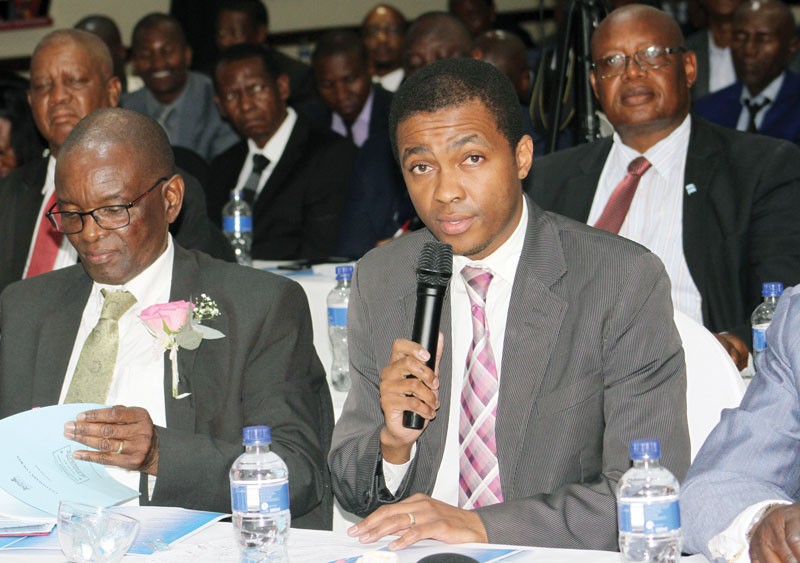State enlists Interpol to apprehend 'human traffickers'
Lebogang Mosikare | Friday August 9, 2019 15:56


During the Pitso, attended by different stakeholders from within and outside the legal fraternity, it became apparent that there was a public outcry about accused persons who are granted bail then go on to commit more crimes or escape for good without attending court sessions.
The three Malawian men, John Mayodi, Enock Nkatha and Gaston Kamanga were arrested at Botswana’s Kazungula border with Zambia on July 11, 2016 with five people suspected to have been trafficked from Malawi en route to South Africa.
Before the accused vanished without trace last year, Justice Bashi Moesi had remanded them in custody but later released them on strict bail conditions.
One of their bail conditions was that each of the accused must pay a P15,000 bond and must each provide a surety (either being a citizen of Botswana or a person having permanent residence in Botswana) to bind himself/herself in the same amount.
Then, Moesi had said that was to ensure that the accused should attend court as scheduled failure to which they shall pay the state for not attending court on any scheduled date until the finalisation of the main case.
However, things took a nasty turn after the accused later failed to appear in court as scheduled.
When speaking to Mmegi at the Pitso that was hosted by the DPP held under the theme-“Bail: Grant or Deny?” , Israel said that the State was doing all in its power to make sure that the accused were located and apprehended in order to make sure that they stood trial for their alleged offences.
“We have engaged Interpol to assist us to trace the accused wherever they may be. They are facing very serious offences. We are hopeful that one day the accused would be found and extradited to Botswana to stand trial. They have not been found since they escaped from attending a scheduled court mention last year,” said Israel, who was optimistic that the long arm of the law would one day catch up with the accused.
In the past, Botswana Police Service (BPS) busted some Zimbabweans who were later convicted of trafficking in persons in Botswana.
Most of the culprits were nabbed in Francistown, probably due to its proximity to Zimbabwe, en route to South Africa (SA) where it is believed a lucrative market for people trafficked in the Southern African Development Community (SADC) region exists.
In mitigation, some of the convicted Zimbabwean human traffickers blamed the policies of ex-Zimbabwe president Robert Mugabe for their plight. Like in the cases of the three Malawians, the convicted human traffickers told the court that they were merely sent by parents or relatives of the smuggled persons to bring them to SA and that they were not human traffickers.
In 2017, the Deputy Commissioner of BPS for Support Services Tapudzani Gabolekwe was quoted in a local newspaper saying that Botswana was being used as a transit country to transport smuggled victims to their destinations.
When speaking at the official launch of District No 5 campaign on crime and road traffic accidents in Maun, Gabolekwe said five cases of human trafficking cases were already recorded in the country in 2017. In July this year, the Minister of Defence, Justice and Security, Shaw Kgathi, said since enactment of the Anti-Human Trafficking Act of 2014, 21 cases have been detected and all were investigated.
He added that two cases were classified as domestic human trafficking, but were eventually closed due to insufficient evidence to prosecute.
Sensing that their country was a destination of choice for trafficked people in Africa, the South African government developed a new information tool to collect and combine correct information relating to human smuggling in April this year in order to fight the problem, according to News24.
